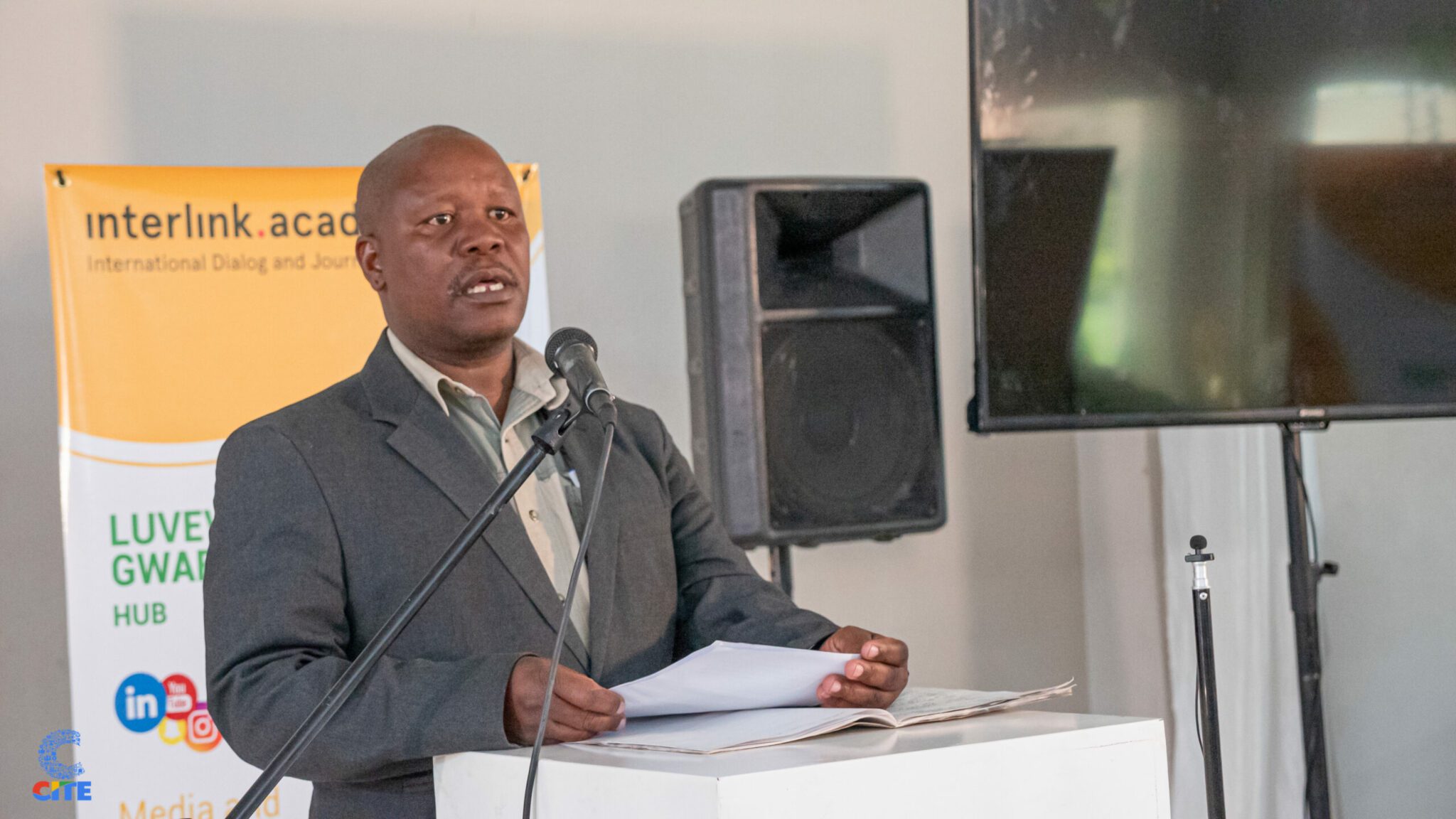Chief Mathema of Gwanda has bemoaned the proliferation of fake news and misinformation in rural communities saying it affects community cohesion.
Fake news is news or stories created to deliberately misinform or deceive readers while misinformation is when false information is shared with no intended harm.
Speaking at a Media and Information Literacy in Matabeleland Conference, Friday, which was organised by the Centre for Innovation and Technology (CITE) in partnership with Interlink Academy.
The project aims to empower people in the Matabeleland region with essential media literacy skills.
Chief Mathema said the advent of the internet and other digital technologies has affected the way in which people share information.
“Back in the days, we used to beat drums as our main medium of communication. It was simple with little chance of things easily getting twisted. Nowadays we are using WhatsApp and many other platforms to communicate and share information,” he said.
“As a community leader coming from a rural community, WhatsApp has become an important medium of communication because we are now able to send and receive messages in an easy and fast way.”
The traditional leader said he has been a victim of fake news where some people have shared some information purportedly coming from him.
“There is a lot of false information and messages that are shared on WhatsApp. At times I see false messages claiming to be coming from myself as chief, other community leaders. This is the main challenge our communities are facing,” said Chief Mathema.
The challenge, Chief Mathema noted, was that many people do not know how to tell whether a message is true or fake.
“Anything they receive on WhatsApp they believe is true. They immediately spread these messages.”
Chief Mathema applauded CITE and the Interlink Academy for launching the media literacy project.
“Please teach our people to also communicate with others on issues that are happening in our communities. We are faced with a lot of challenges, the droughts, heavy destructive rains and many other platforms. These need to be known as our people in the rural homes battle with these issues,” he urged.
He said he was confident that through the media literacy project, “our people will benefit a lot because they will able to spot fake news and develop skills to share correct and relevant information from their communities.”
“From Gwanda to Plumtree, Tsholotsho to Lupane, people in communities share information on a daily basis. They share truth and lies at the same time. I believe this Media and Information Literacy project will help them know how to separate truth from lies and also tell their own stories,” said the traditional leader.

